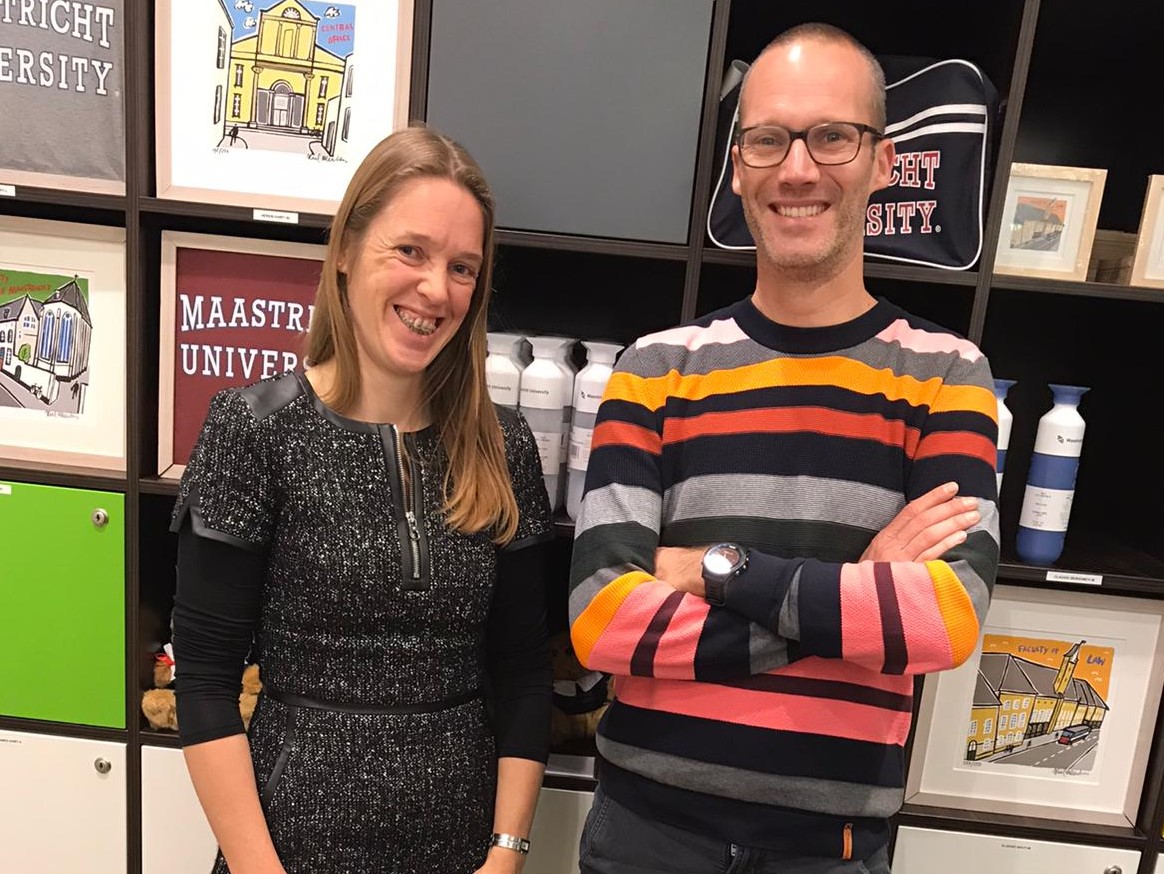D&I Onderzoek
The International Classroom at Maastricht University
What is the effect of diverse nationalities in the classroom on students’ performance? Is there an optimal balance between number and types of nationalities in a tutorial group and student performance? How do students’ nationality and other diversity characteristics shape classroom interactions and learning outcomes?
These are the questions that Patrick Bijsmans (FASoS) and Carla Haelermans (SBE) are looking into in their research project on the international classroom and global citizenship education at Maastricht University, funded by Diversity & Inclusivity.
Patrick and Carla will look at first-year classrooms in Bachelor's programmes at FASoS, FoL, FSE, SBE and FPN, and will combine quantitative data analysis with qualitative interviews and focus groups. The project builds on earlier quantitative research that Patrick has been conducting with Arjan Schakel (University of Bergen) and two BA European Studies alumni.

‘Helpers’ and ‘Doers’: The role of service work for success in academia
Research has indicated that volunteering and helping behaviors at work, i.e.service or citizenship behaviors, may potentially be harmful for one’s career as less time may be spent on one’s core tasks. As citizenship behaviors contribute to the maintenance and enhancement of the socio-psychological context that supports task performance and, thus, organizational functioning (Podsakoff, Ahearne, & MacKenzie, 1997; Walz & Niehoff, 2000), organizations implicitly highly value citizenship behaviors although explicit acknowledgements are often lacking.
In the present project, we will focus on the question of who, why, and under which circumstances employees at UM engage in citizenship behaviors and how this is related to their academic success. Specifically, we draw on different research lines to identify situational, social, and psychological drivers and boundary conditions, such as leadership and team dynamics and personality characteristics. Further exploring these underlying drivers and boundary conditions of citizenship behavior in academia is important for theoretical and practical reasons. It will allow us to a) advance theory and research on service work and academic success and b) gain a more fine grained view of these dynamics on a departmental and faculty level, thus, directly informing and benefiting UM management and policy.
Luana Russo (PI) is an Assistant Professor in Quantitative Methods at FASoS, and a board member of FEM). Annika Nubold (PI) is an Assistant Professor for Work and Social Psychology at FPN, and a leadership expert (including female leadership) specialized in personality development. Danai Petropoulou Ionescu (assistant) is a Research Master student in the Field of European Studies, specialising in qualitative research methods.
